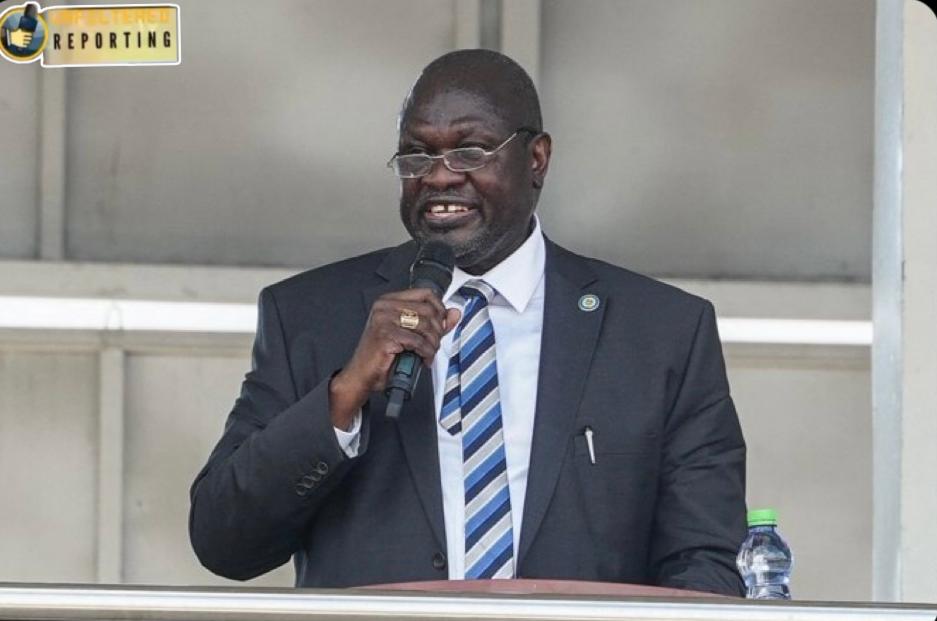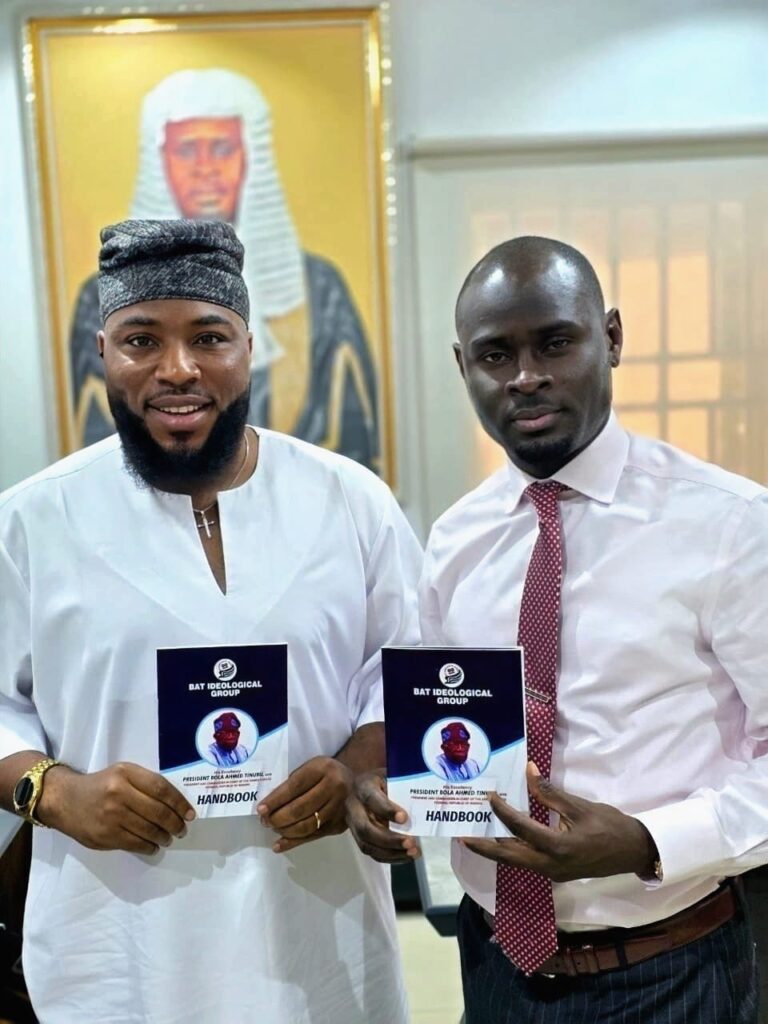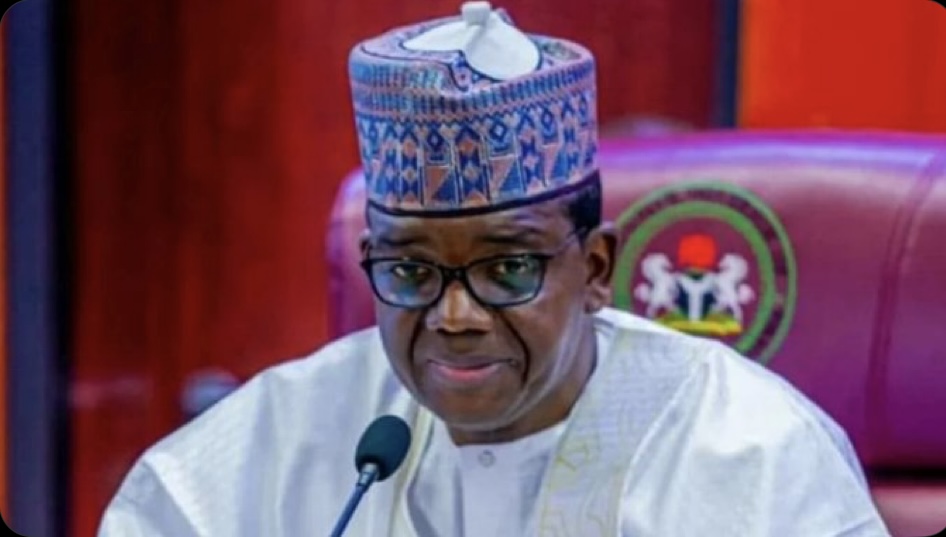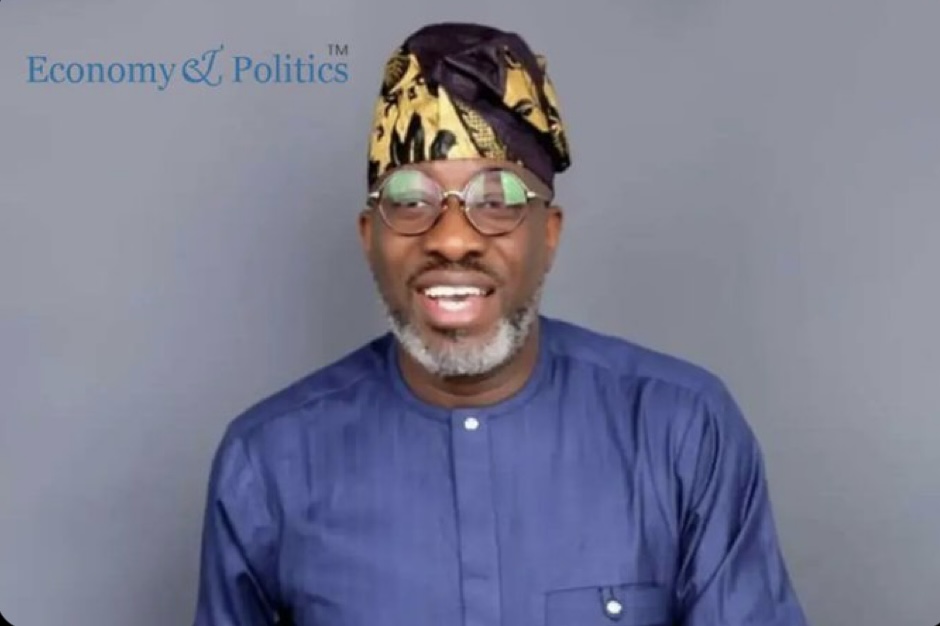South Sudan’s Vice-President Riek Machar in Court Over Death of 250 Soldiers

South Sudan’s political tensions have deepened as First Vice-President Riek Machar faces trial on charges of treason, terrorism, and crimes against humanity following a March assault in Nasir, Upper Nile State, where more than 250 government soldiers were reportedly killed.
Government prosecutors allege that the attack was carried out by the White Army militia, a predominantly Nuer armed group with ties to Machar’s supporters. Authorities insist that the operation was not spontaneous but rather a planned offensive, accusing the vice-president of conspiring with the militia and failing to prevent mass bloodshed.
Machar, who has been under house arrest since March, is being tried alongside more than 20 co-defendants, while other suspects remain at large. The Justice Ministry has described the prosecution as an important step toward accountability in a country plagued by years of violence and impunity.
However, Machar’s political movement, the SPLM-IO, has denounced the charges as a politically motivated attempt to weaken the opposition and sideline him from leadership. The group has warned that such actions threaten to unravel the fragile peace deal signed in 2018, which has allowed the uneasy power-sharing arrangement between Machar and President Salva Kiir to hold.
The trial has drawn international concern, with the African Union urging restraint and the United Nations emphasizing the need for fairness and transparency. Western diplomats have also expressed fears that the proceedings could destabilize the delicate balance of power and provoke renewed conflict if perceived as biased.
Human rights organizations have meanwhile raised concerns that civilians also suffered in the March clashes, calling for an impartial investigation that holds all actors accountable. Observers warn that the outcome of the trial will have far-reaching consequences.
A conviction could bar Machar from political participation and tilt power firmly toward Kiir’s ruling faction, while an acquittal could embolden his supporters and undermine the government’s credibility. Either outcome risks deepening mistrust in a nation still reeling from years of civil war.
For many South Sudanese citizens, weary of conflict and displacement, the trial represents a critical test of the country’s commitment to justice and reconciliation.
Whether it becomes a genuine step toward accountability or another chapter in the nation’s bitter political rivalry will shape South Sudan’s path in the months ahead.









